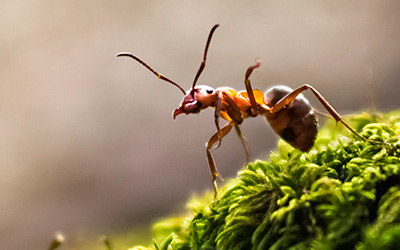
What’s the Difference Between Bugs and Insects?
Even though the words “bug” and “insect” are often used interchangeably in conversation, the truth is there are distinct scientific differences between the two. In
Leave your information below and we'll be in touch soon!
"*" indicates required fields
*During normal business hours. After hours calls will be returned the next business day.
Leave your information below and we'll be in touch soon!
"*" indicates required fields
*During normal business hours. After hours calls will be returned the next business day.

Even though the words “bug” and “insect” are often used interchangeably in conversation, the truth is there are distinct scientific differences between the two. In
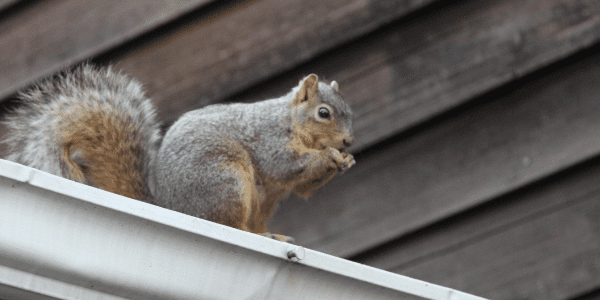
How to Keep Squirrels Away and Prevent Squirrel Damage Compared to many pests we see on Long Island, squirrels aren’t so bad, right? They’re fluffy,
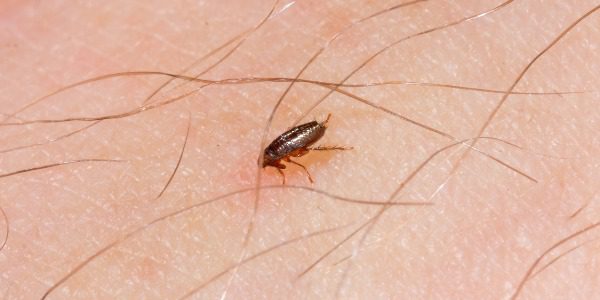
Fleas, these tiny creatures, pose a significant challenge. They commonly infest your beloved furry companions, and their remarkable jumping ability allows them to invade your
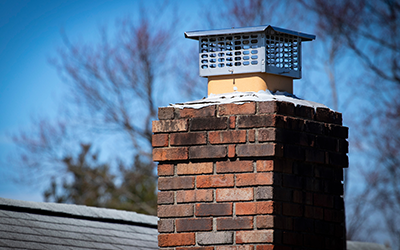
Installing chimney caps is essential to manage bird presence around your New York home. Birds, while charming in moderation, can swiftly become problematic if not

Everybody poops—even pests. Even if your first instinct isn’t to get an up-close-and-personal look at pest poop, it can be pretty telling what sort of
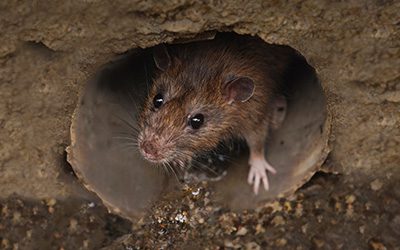
The new school year has begun, the weather is turning, and outdoor activities are winding down. As summer fades into fall, late summer sees an